Table of Contents
World Public Opinion:
World public opinion was considered to be the foundation of the League of Nations. It was also to be the enforcement agency in Briand-Kellogg Pact. When the House of Commons debated the ratification of the Versailles Treaty, Lord Cecil told the House, “For the most part there is no attempt to rely on anything like a superstate, no attempt to rely upon force to carry out a decision of the Council; or the Assembly of the League. That is most impracticable as things stand now. What we rely upon is public opinion…..and if we are wrong about it, then the whole things are wrong”. Addressing the Imperial Conference of 1923 on the subject of the League, Lord Cecil explained that “its method is not…the method of coercive government; it is a method of consent and its executive instrument is not force, but public opinion”. And when the first League Assembly met, Lord Cecil, as British delegate, propounded the same philosophy from the tribune.
“It is quite true that by far the most powerful weapon at the command of the League of Nations is not the economic or the military weapon or any other weapon of material force. By far the strongest weapon we have is the weapon of public opinion”.
Just a few months before World War II Cordell Hull, then American Secretary of State, maintained that “public opinion, the most potent of all forces for peace, is more strongly developing throughout the world”. The General Assembly of the United Nations has, as New York Times observed, “considerable reserve powers under the Charter…at least to the extent of mobilizing world opinion, which, in the last analysis, determines the international balance of power”.
Meaning and Nature of World Public Opinion:
But what after all is world public opinion? This is probably the most difficult question to answer. Its understanding, however, requires a preliminary consideration of the meaning of public opinion. This term is commonly used says Bryce, “to denote the aggregate of the views men hold regarding matters that affect or interest community. Thus understood, it is a congeries of all sorts of discrepant notions, beliefs, fancies, prejudices, aspirations. It is confused, incoherent, amorphous, varying from day to day and week to week. But in the midst of this diversity and confusion, every question as it arises into importance is subjected to a process of consideration and clarification until there emerge and take definite shape certain views, or set of interconnected views, each held and advocated in common by bodies of citizens. It is to the power exerted by any such view or set of views when held by an apparent majority of citizens, that we refer when we talk of Public Opinion as approving or disapproving a certain doctrine or proposal and thereby becoming a guiding or ruling power, or we may think the opinion of a whole nation as made up of different currents of sentiments, each embodying or supporting a view or a doctrine or a practical proposal. Some currents develop more strength than others because they have behind them large numbers or more intensity of conviction; and when one is evidently the strongest, begins to be called Public Opinion par excellence, being taken to embody the view supposed to be held by the bulk of the people.
Similarly, other writers have tried to define public opinion in their own way. Lowell defines it by saying, “Public Opinion, to be worthy of the name, to be the proper motive force in democracy, must be really public. A majority is not enough and unanimity is not required, but the opinion must be such that, while the minority may not share it, they feel bound, by conviction and not by fear to accept it and if democracy is complete, the submission of the minority must be given ungrudgingly”.
From this definition, it is pretty clear that whereas Bryce and Lowell allow the majority decision as to the expression of popular opinion, the latter is clear in the assertion that to be really ‘public’, it must carry the minority with it. This means that public opinion cannot be formed without the minority and the differences of majority and the minority must be integrated to give it the real character.
World public opinion, on the other hand, is what Prof. Morgenthau observes, “a public opinion that transcends national boundaries of different nations in a consensus with regard to at least certain fundamental issues”.
On every international issue of common interest to members of different nations, there is often a variety of impressions and views. Of these views which unite members of different nations in a consensus with regard to the issue will begin to be called world public opinion.
How World Public Opinion Originates?
After discussing the meaning of world public opinion, we may now try to know how world public opinion originates. There are mainly two factors that are responsible for the development of world public opinion in the modern era. These are-
(1) Psychological Unity of the World- Today, all human beings want to have liberty, freedom, peace, and order. These are some of the minimum set of standards that all human beings seek. “Any violation of the standards of this world public opinion, against and by whoever committed, would call forth spontaneous reactions on the part of humanity; for, in view of the hypothetical similarity of all conditions, all men would fear that what happens to one group might happen to any group”.
(2) Technological Unification of the World- In the modern age, the technological unification of the world has brought world public opinion close to reality. A world public opinion tends to develop because of the extension of the radius and rapidity of communications by inventions in ocean, land and air transportation and in the press, postal service and telecommunication system. It has been suggested, as Quincy Wright observes, “that animals are guided mainly by instinct; the primitive man by custom; the civilized man by conscience; and modern man, in the age of abundant communication, by public opinion. With more and more means of international communications between governments and between peoples, a world public opinion tends to develop and influence government actions”.
Now international communication is concerned primarily with the building of goodwill and understanding through physical contacts and more and better exchange of information among peoples. This outlook is related to an idea in popular circulation in the world that recommends a means to cure disagreements in all varieties of human relations. Thus, this outlook has brought a world public opinion close to realization.
Evaluation of World Public Opinion:
Though these two factors- psychological unity of the world and the technological unification of the world- are considered to be mainly responsible for the realization of a world public opinion, it would be wrong to assume that one general world public opinion is involved in any international issue. In fact, there are never similar conditions throughout the world. Actually, there are always different public opinions because there are a number of different sub-publics in the world. These sub-publics vary in their interest in a particular issue, their level of understanding, their basic attitudes, their religion, their economic or social position, their cultural inheritance, their education, their loyalty to their nation, and in a number of other ways. Moreover, these thousands of sub-publics cut across one another in a thousand different ways, in turn creating literally millions of “sub-publics”.
Also, the world public is often indifferent to international issues. Generally, the world public has a vague notion of what is involved in a particular international issue but has little interest in the same. However, to conclude, we agree with Prof. Morgenthau’s observation that “a world public restraining the international policies of national governments is a mere postulate: the reality of international affairs shows as yet hardly a trace of it”.
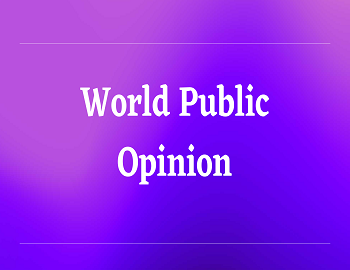
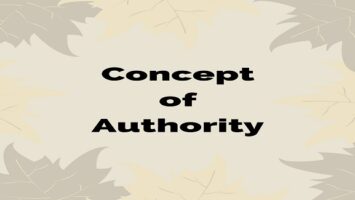
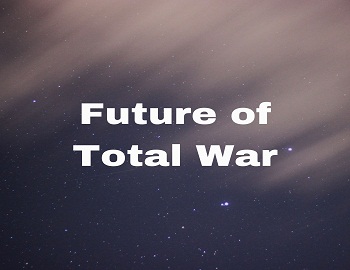
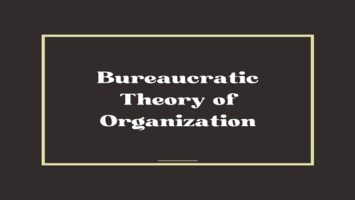
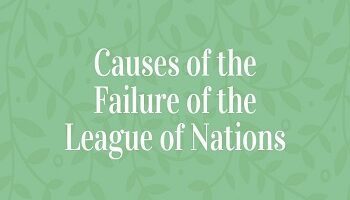


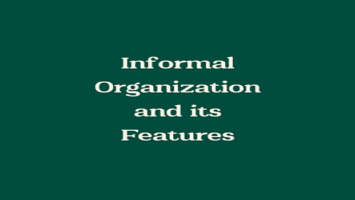

Comments (No)